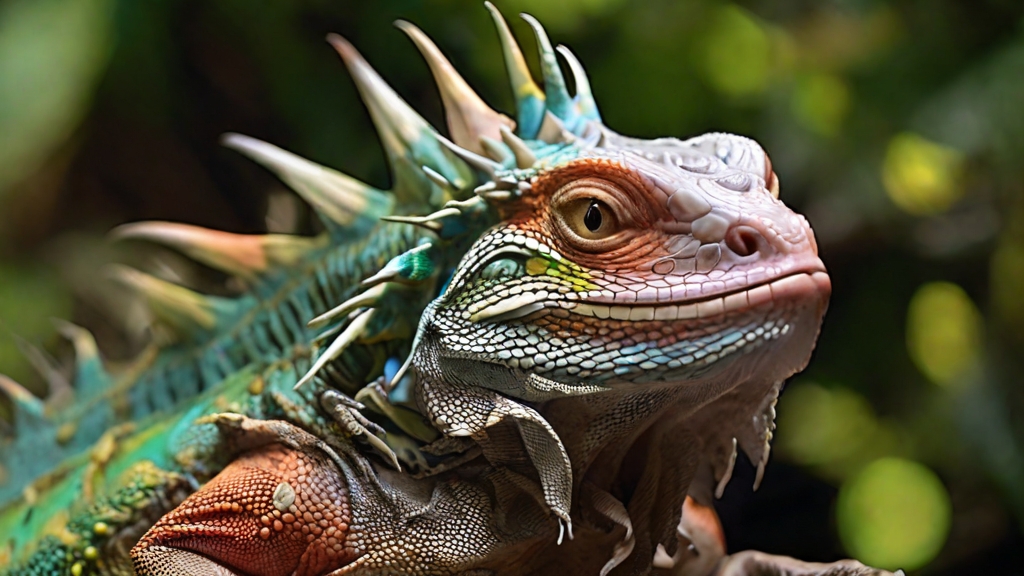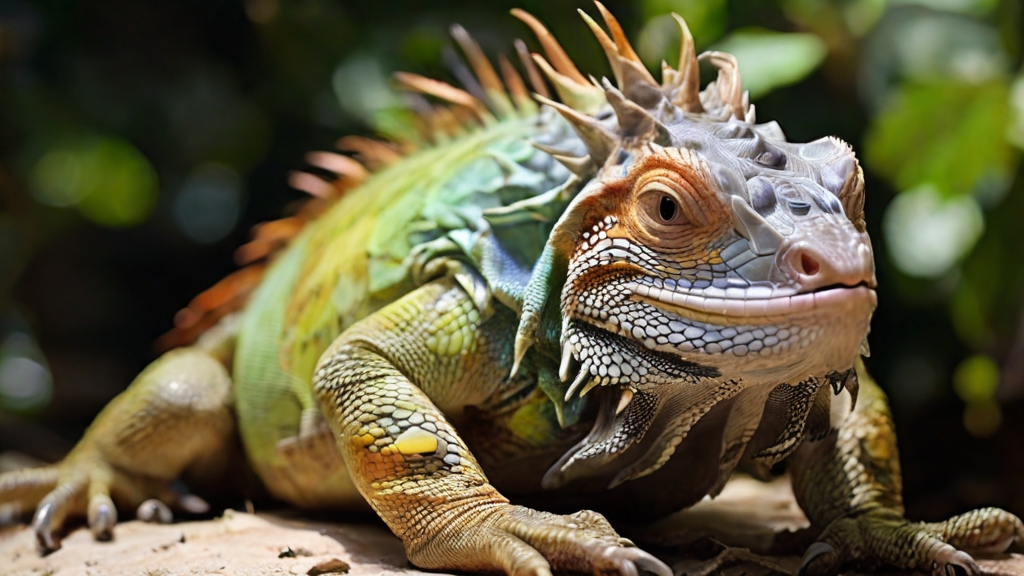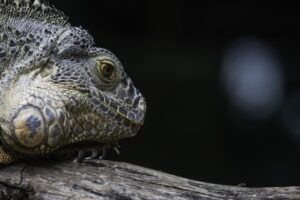Final thoughts on exploring the feasibility of keeping iguanasy popular as pets in recent years. However, many people are unsure whether they have the necessary knowledge or resources to care for an iguana properly.
In this article, we will explore the feasibility of keeping iguanas as pets, taking into account their unique needs and requirements.
What is an iguana and why do people keep them as pets?
Iguanas are large, herbivorous lizards that are native to Central and South America. They are renowned for their distinctive appearance, with their long tails, sharp claws, and spiky crests.
Many people keep iguanas as pets because they are fascinating to watch, have unique personalities, and can form strong bonds with their owners.
Pros and Cons of Owning an Iguana
Advantages and disadvantages of having an iguana as a pet
While owning an iguana can be a rewarding experience, it is important to consider both the advantages and disadvantages before making a decision.
Some of the benefits of owning an iguana include their intelligence and playful nature, their low-maintenance lifestyle, and their impressive longevity.
However, they also require a significant amount of space and attention, can be aggressive if not socialized properly, and have specific dietary and environmental needs.
Housing and Environment
What type of environment do iguanas need? What size enclosure is required?
Iguanas require a large and spacious enclosure that mimics their natural habitat as closely as possible. This should include plenty of climbing structures, basking spots, and hiding places, as well as a source of UVB lighting and heat.
The enclosure should be at least six feet long, three feet wide, and six feet tall, with a substrate that is easy to clean and provides traction for the iguana’s feet.
Diet and Nutrition
What do iguanas eat? How often should they be fed?
Iguanas are strict herbivores and require a diet that is high in fiber and low in protein. This should consist primarily of dark, leafy greens such as kale, collard greens, and dandelion greens, as well as fruits and vegetables such as berries, carrots, and squash.
Iguanas should be fed once a day, with a small amount of calcium and vitamin D3 supplementation.
Health and Care
Common health issues and how to care for your iguana
Like any pet, iguanas can develop a variety of health issues that require veterinary attention. These may include respiratory infections, metabolic bone disease, and parasitic infections.
To keep your iguana healthy, it is important to provide them with a clean and well-maintained enclosure, monitor their behavior and appetite, and seek veterinary care at the first sign of illness.
Legal Considerations
Are iguanas legal to keep as pets? What regulations do you need to follow?
The legality of keeping iguanas as pets varies depending on your location. In some states and countries, they are considered invasive species and may not be kept without a permit.
It is important to research the laws and regulations in your area before acquiring an iguana, and to ensure that you are following all necessary guidelines and requirements.
Cost and Time
How much does it cost to care for an iguana? How much time does it require?
Owning an iguana can be a significant financial and time commitment. In addition to the cost of the enclosure, lighting, and other supplies, iguanas may require veterinary care and specialized diets.
They also require daily attention and interaction, as well as regular cleaning and maintenance of their enclosure.
Iguanas and Children
Is it safe to have an iguana around children? How to introduce them to each other?
While iguanas can make great pets for responsible and knowledgeable owners, they may not be suitable for households with young children. Iguanas have sharp claws and teeth and can become aggressive if they feel threatened or stressed.
If you do decide to keep an iguana around children, it is important to supervise interactions closely and to ensure that the children are educated on how to handle and care for the iguana properly.
Finding an Iguana
Where to get an iguana? What to look for when selecting one?
If you have decided to get an iguana as a pet, it is important to find a reputable breeder or rescue organization. Look for an iguana that is healthy, active, and alert, with clear eyes and smooth skin.
Avoid iguanas that appear lethargic or have signs of illness, and make sure that you are prepared to provide the necessary care and attention.
Conclusion
Final thoughts on exploring the feasibility of keeping iguanas as pets
While keeping an iguana as a pet can be a rewarding and fulfilling experience, it is important to consider all of the factors involved before making a decision.
Iguanas have specific needs and requirements that must be met in order for them to thrive, and they may not be suitable for all households. However, with proper care and attention, an iguana can make a fascinating and unique addition to your family.
References and Resources
List of resources for further reading and information on iguanas.
- Iguana Care Tips. (n.d.). Iguana Care Tips. Retrieved August 31, 2021, from https://iguanacaretips.com/
- Iguana Society International. (n.d.). Iguana Society International. Retrieved August 31, 2021, from https://www.iguanasociety.org/
- PetMD. (2021, August 3). Iguanas as Pets: What You Need to Know. PetMD. Retrieved August 31, 2021, from https://www.petmd.com/reptile/care/iguana-pets-what-you-need-know




